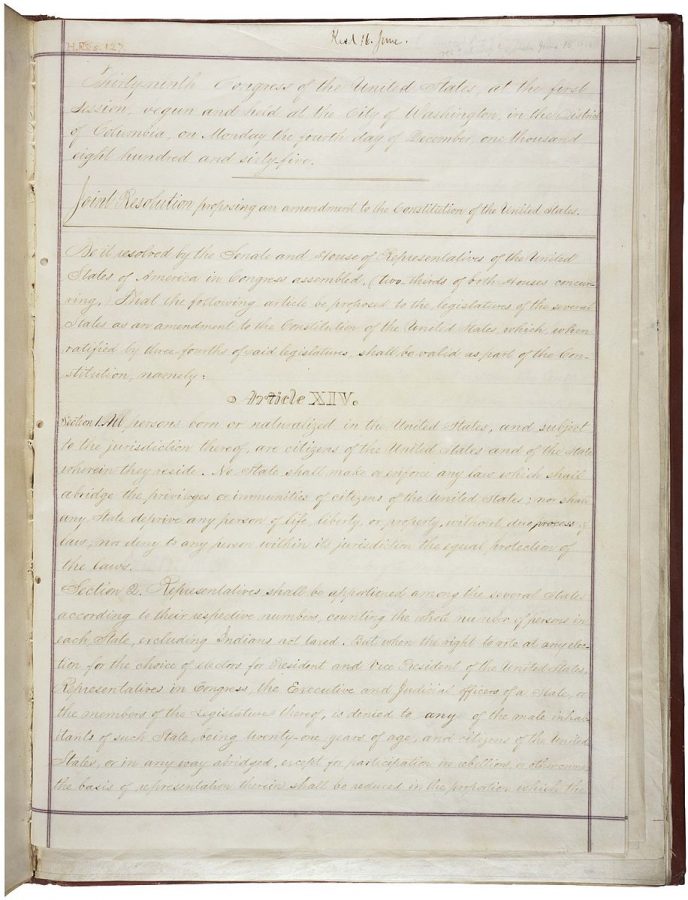A Transformation from Excluding to Accepting
The story of Oregon’s racist and excluding past.
Modern day Oregon is known for its mostly progressive values and views. However, this thinking was not always present in the political figures in charge of Oregon. Many actions were taken, lawful and unlawful, to keep Black citizens out of Oregon, and to take certain rights away from them. Certainly a far different mindset than what most people have today.
According to the Oregon Encyclopedia, during the 1840’s and 1850’s, emigrants who came to Oregon opposed slavery for the most part. However, this did not come from a place of compassion or the desire for equality, these emigrants opposed slavery because they were non slaveholding farmers who were often beaten down by farms who utilized the work of slaves. To counter slaveholding farms from coming to Oregon, many of these farmers favored excluding Black people from Oregon. A very peculiar course of action, as an anti-slave law had already been passed on July 5, 1843, which would do a much better job stopping slaveholding farmers. However, even despite anti-slave laws, Oregon found itself housing a few slaveholding immigrants because of an amendment to the law made in 1844, which gave slaveholders a “time limit” where they had to either free their slaves, or move them out of the country. This time frame lasted for three whole years, essentially making slavery legal for those three years. However, after these three years, slaves could only stay in Oregon for so long. Men would have to leave after two years, and women after three. Those who refused to leave were given lashings. The first U.S. governor of California, Peter Burnett, voiced his support of the law by saying, “The object is to keep clear of that most troublesome class of population [blacks]. We are in a new world, under the most favorable circumstances and we wish to avoid most of those evils that have so much afflicted the United States and other countries.”
It is made clear that racist people weren’t an anomaly in this time period, they were abundant, and they held huge amounts of power. The rescission of the Fourteenth Amendment was a clear example of this. The writing declared that the federal government would guarantee the rights of citizenships to “all persons born or naturalized in the United States.” This amendment was a clear effort to safeguard the rights of freed slaves. This would’ve been a huge step in the right direction for Oregon, if it wasn’t for the 1868 elections. The Democrats took power in Oregon and quickly rescinded the state’s ratification on the amendment, despite the fact that it had already ascended to federal law. Many Republican leaders responded negatively to this action, with even the Oregonian, a Republican run newspaper, calling for Oregon to be separated from The Union.
Oregon has come far since these times, which is something to be proud of. Despite its racist, evil history, Oregon has evolved into one of the most accepting and progressive states in the country. The most important thing going forward, is to remember and reflect on Oregon’s racist past, which doesn’t seem to be happening. Questioning any student will easily prove this point. Elijah Smallwood, a CHS student even said, “I have never learned about the history of racism in Oregon in any of my years in school.” Students Dillon Hanson-McClure and William Stogsdill also say that Smallwoods statement apply to their education as well. So, if we wish to keep Oregon pointed in the right direction, it is crucial that we educate others and ourselves on the matter. We can only make the future better than the past if we know the past inside and out.

